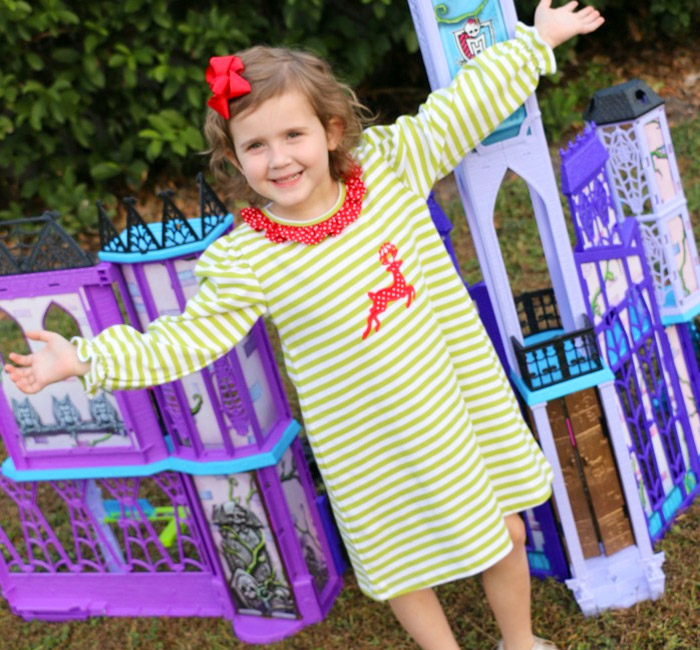Making the most of Parent/Teacher Conferences
September 8, 2011
It’s back to school time, the book bags are packed, the clothes or uniforms are ready to go and you actually managed to get the kids to bed on time. You’ve already met the teacher at orientation and you’ve made sure all their homework is done. Why a Parent/Teacher conference when there are only 24 hours in a day? Even if your child is at the top of his class and doing well, a one-on-one meeting with the teacher is very important. Parent Teacher conferences are meant for you to get to know your child’s teacher and find out what really goes on in your child’s life between the hours of 8 and 3. Here’s how you can make the most of Parent Teacher conferences.
Be Prepared
It helps to be prepared for the conference. Jot down a list of questions or concerns. Now is a good time to discuss specific subject areas in which your child may need extra help. Don’t wait for problems to mushroom. You can still turn a bad grade around if you catch problems early. Ask about tutoring sessions if you need extra help. Likewise if you feel that your child is not being challenged in certain areas, ask for additional materials or resources that you can use at home to supplement the curriculum or ask about any available programs that the school or school district may be offering for more advanced or gifted students.
Listen to Your Child
Pay close attention to verbal and non-verbal clues. Some children cannot, will not or do not like to discuss problems in the classroom with their parents. If you suspect anything may be amiss with your child, do raise the issue with the teacher. This is also a good time to discuss how your child is fitting in with the other students or to raise concerns about specific issues that affect your child’s well-being at school.
Go With the Right Attitude
Be calm and pleasant. Remember that your child has to deal with the teacher for the entire year. Do not do anything to jeopardize their relationship if sensitive issues are discussed. If you feel like you are not getting the proper resolution to any problem, express your concerns in a composed manner and inform the teacher that while you respect their autonomy in the classroom, you are your child’s advocate and need to do what is best for your child. This may include a visit with the principal, but make this your last resort in order to maintain a good relationship with the teacher for your child’s sake.
Successful partnerships between parents and teachers produce successful children. Don’t depend on the teacher to do it all. Get involved to make sure that you get the best education for your child.







